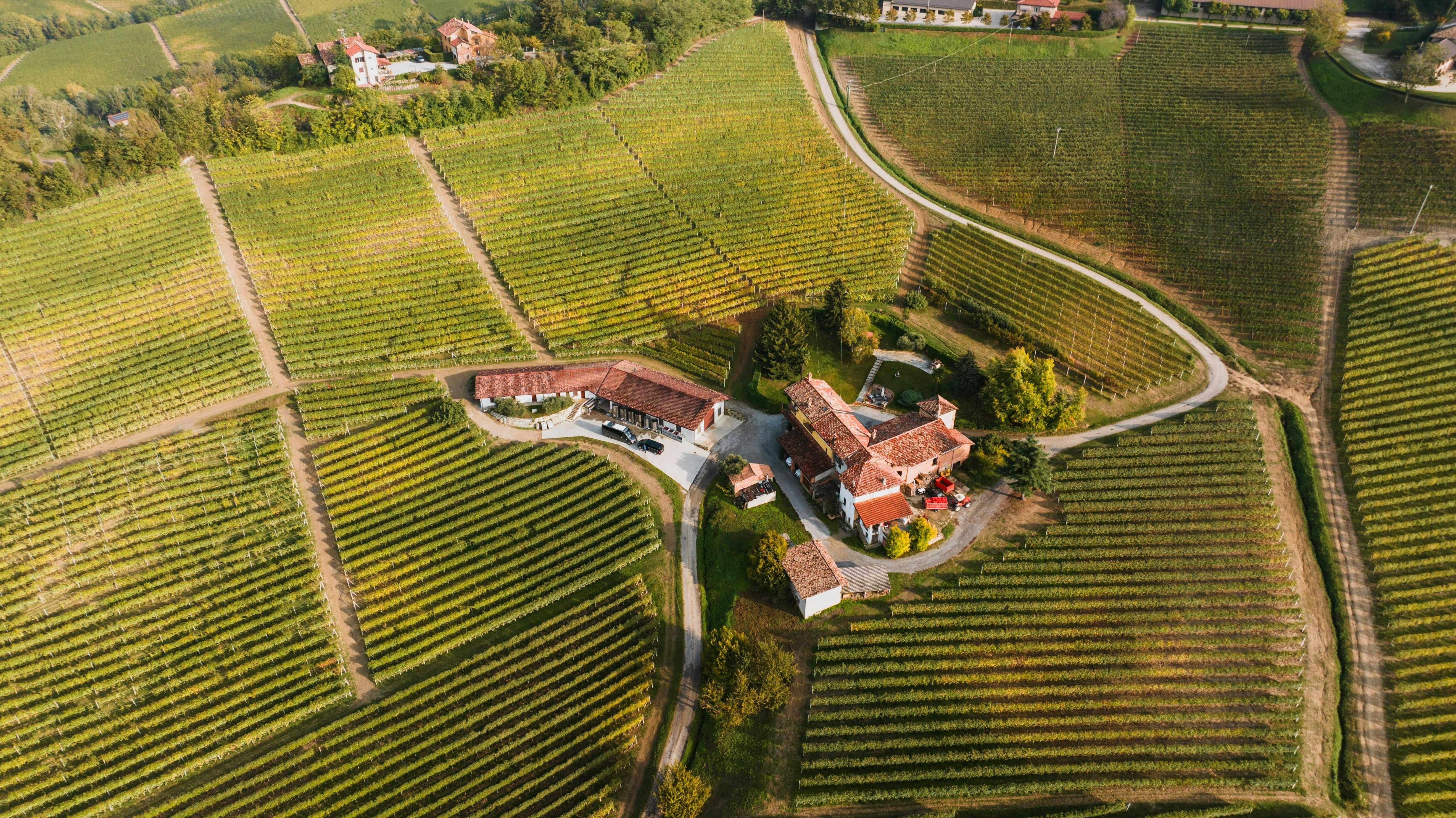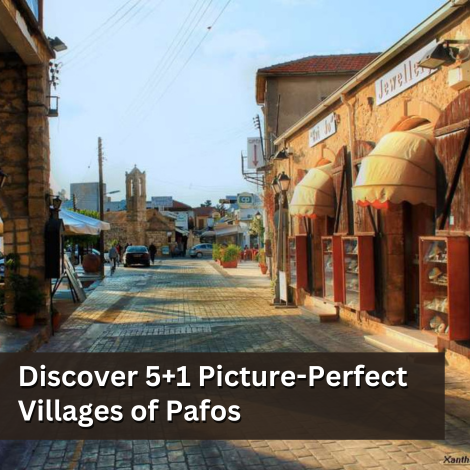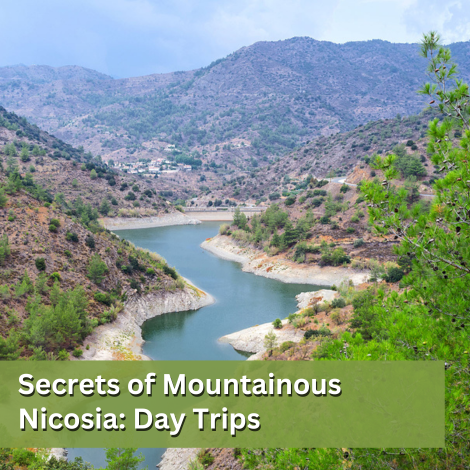Agritourism
An authentic experience that connects people with nature and tradition
Agritourism is one of the most important and emerging forms of alternative tourism worldwide as it is a gentle and sustainable form of tourism development that focuses on the rural area, connecting agriculture, tradition and tourism. The aim of agritourism is to highlight the beauty of the countryside, strengthen the local economy and keep alive the cultural and natural heritage of each region.
Definition and philosophy
Agritourism is not just a stay in the countryside but a complete life experience. The visitor is hosted in farms, traditional guesthouses or farms and actively participates in the agricultural and cultural activities of the region. Its philosophy is based on the hospitable, human relationship between rural residents and visitors, with mutual respect for fellow human beings, nature and local tradition.
Activities in agrotourism
The agrotourism experience includes a multitude of activities that bring the visitor into contact with authentic rural life:
• Participation in crops and harvests, such as olive picking, grape harvesting, olive oil, wine or cheese production.
• Animal care and participation in cheese-making processes.
• Tours of archaeological sites, monasteries, traditional settlements and folk art workshops.
• Outdoor activities such as hiking, horseback riding, fishing, rafting and observation of fauna and ecosystems.
• Local gastronomy, traditional dances, handicrafts or winemaking lessons.
Benefits of agritourism
Agritourism has multiple benefits for both the visitor and the local communities:
For the visitor:
• It offers contact with nature and authentic hospitality experiences.
• It gives the opportunity to get to know the traditional way of life, local cuisine and culture with respect for the environment.
For farmers:
• It complements and strengthens rural income.
• It highlights their place and offers incentives for preserving tradition.
For society and the place:
• It promotes regional development and creates new jobs.
• It strengthens local entrepreneurship, the production of traditional products and the protection of the environment.
• It keeps the cultural and architectural heritage alive and offers prospects to young people, keeping the population in the countryside.
Agritourism is not just a trend in the tourism sector but a way of life and revitalization of the countryside. It combines recreation with knowledge, tradition with innovation and creates a true bridge between man, nature and culture. Agritourism can be a lever for development and at the same time a means of preserving cultural heritage, offering an unparalleled experience to both visitors and rural residents.

 English
English
 Ελληνικά
Ελληνικά Русский
Русский
 Posted by
Spyros Papapetros
Posted by
Spyros Papapetros






